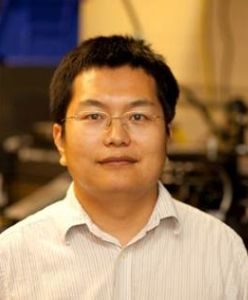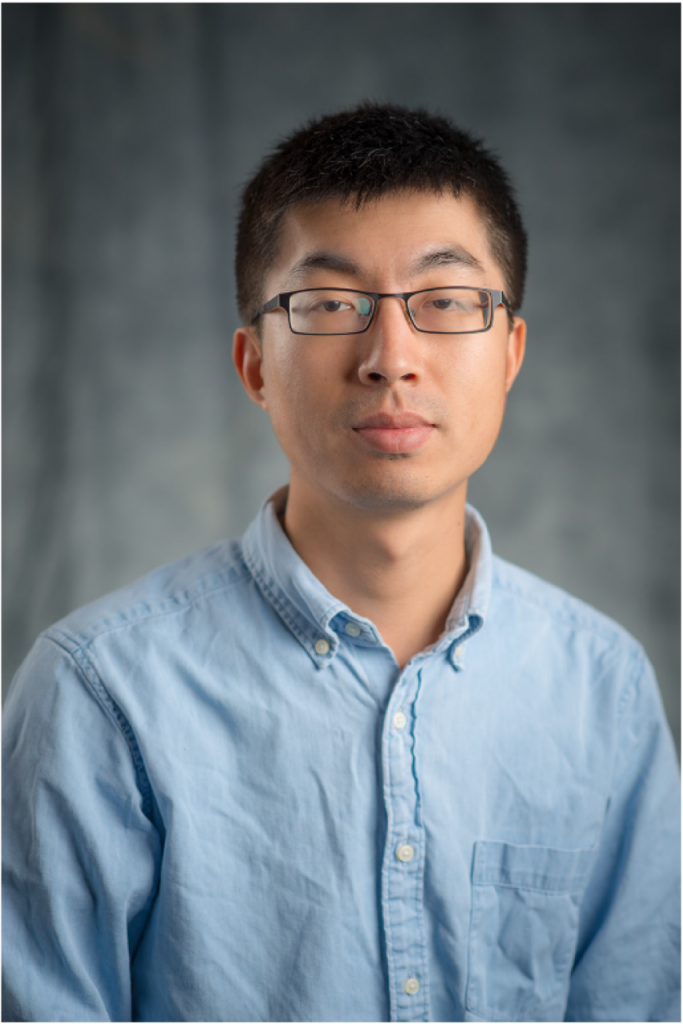
In the Optical Spintronics and Sensing Lab we study the quantum properties of point defects in crystals. In high purity crystals, simple quantum systems exhibiting a high level of quantum coherence can be realized. Read More

The goal of our research program is to combine the optical spectroscopy, transport measurements and nano-device fabrication techniques, to understand the electronic and optical properties of quantum confined nanostructure, develop the probe and control techniques of charge and spin, and the quantum physics in these confined nanostructure, push the unification front of material synthesis, device fabrication, physics measurements, understand the physics arising from this process, and push the knowledge and techniques we learn from these study back to the application frontier, such as optoelectronic, spintronics, optomechanics and plasmonics. Read More

Our lab investigates new manufacturing processes that will revolutionize energy storage and other complex engineered systems. This multidisciplinary approach integrates the fields of design, computation, manufacturing, and materials science. Currently, we are focused on developing new additive manufacturing solutions and battery electrode architectures for the most pressing problems in energy-relevant materials for Lithium-ion batteries. Our long term goal is to develop new scalable additive manufacturing processes that will enable the digital control of material architecture and can integrate energy storage and other operational features into electronics and structural components while supporting adaptive manufacturing on-demand. Read More

My research interests mainly focus on utilizing in-situ high-resolution and high-speed atomic force microscopy (AFM) and 3D Fast Force Mapping (3DFFM) to understand the structure, dynamics, and function of bio-macromolecular self-assembly at solid-liquid interfaces and further integrating these observations with simulation and deep learning (DL) to describe the corresponding models and adaptively control the synthetic outcomes. Read More

The formation and function of electrochemical materials and interfaces are critically affected by molecular adsorption and templating. Our group explores the use of engineered proteins as modifiers of nucleation and growth, as well as orchestrators of hierarchical structures. In separate efforts, we also explore innovative methods to convert waste materials, especially lignocellulosic feedstocks, into value added products. Read More